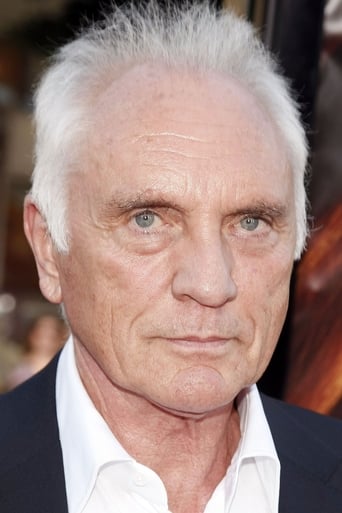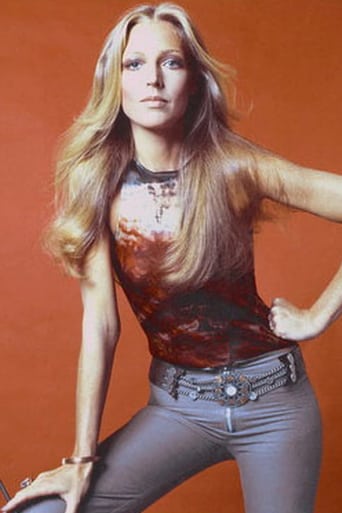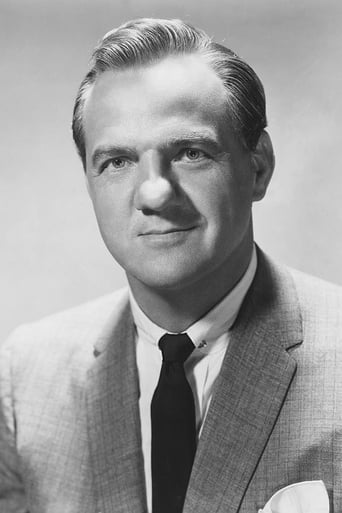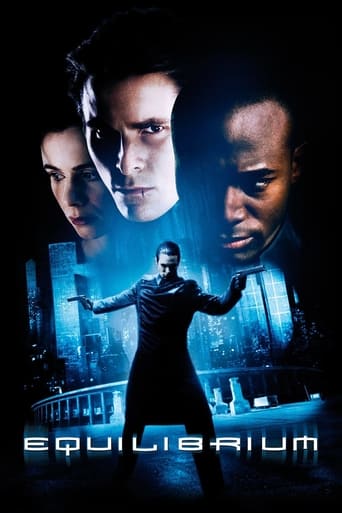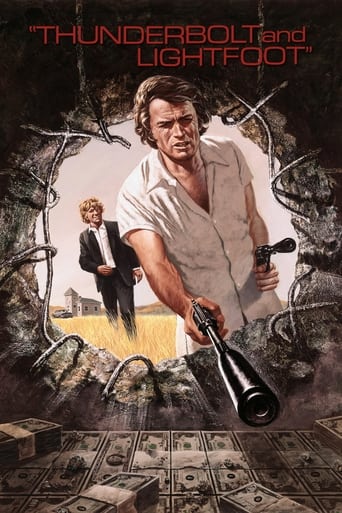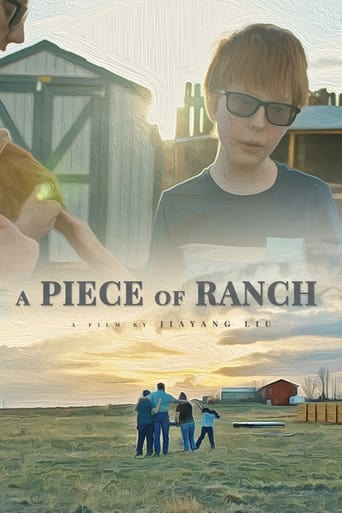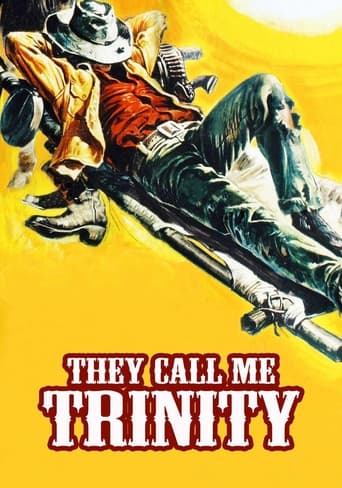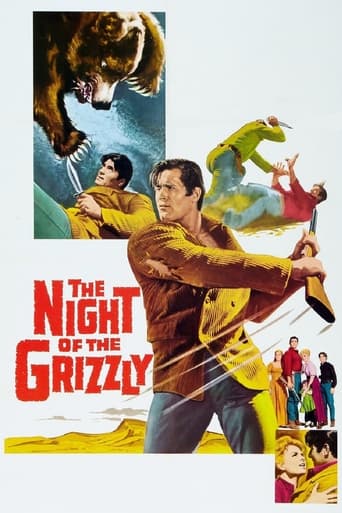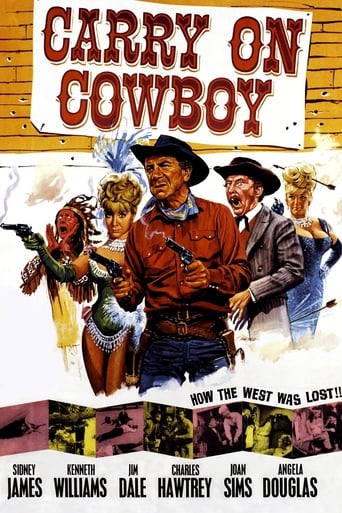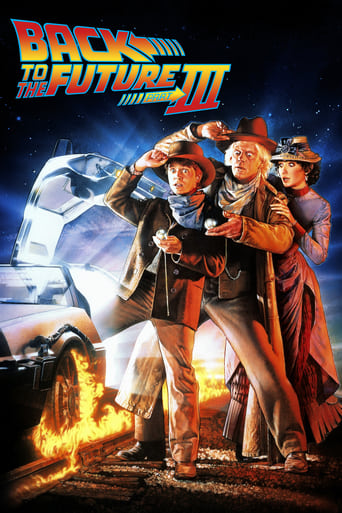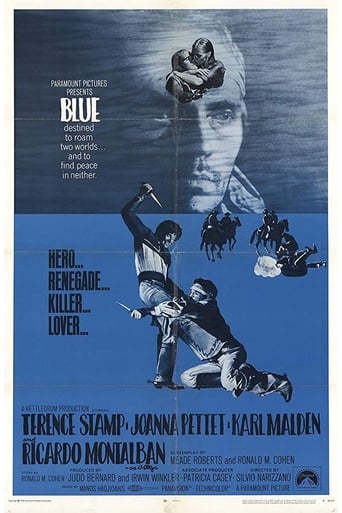
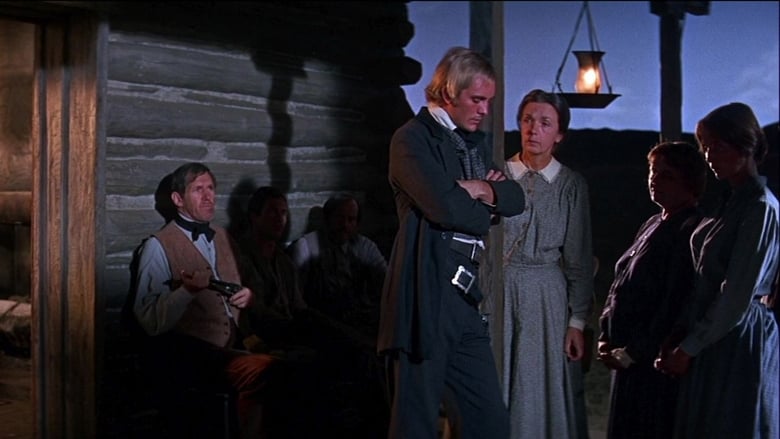
Blue (1968)
A young man is torn between the woman he loves and his loyalty to his father, the leader of a mexican gang.
Watch Trailer
Cast
Similar titles
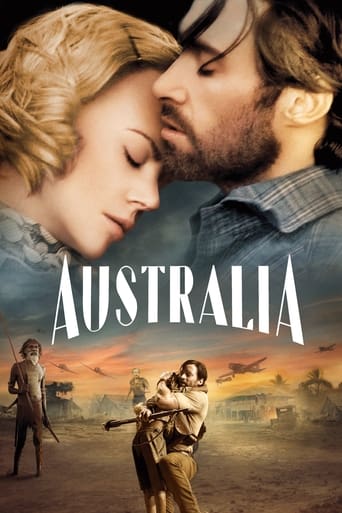
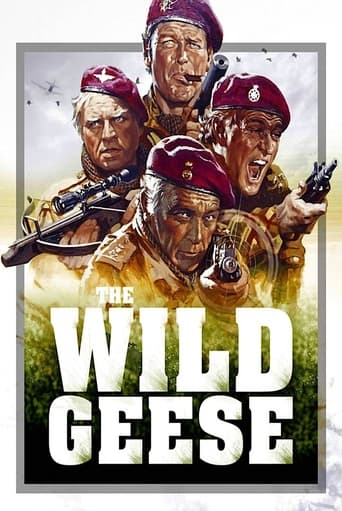
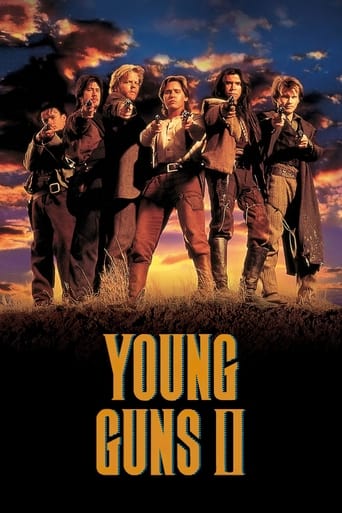
Reviews
Powerful
How sad is this?
This is a coming of age storyline that you've seen in one form or another for decades. It takes a truly unique voice to make yet another one worth watching.
The movie turns out to be a little better than the average. Starting from a romantic formula often seen in the cinema, it ends in the most predictable (and somewhat bland) way.
(mild spoilers)This isn't as bad as its critical reputation, but it isn't very good either. In fact, it's pretty much "not enough one thing or another" in every department-an attempt at a sort of hip new antihero western that nonetheless isn't at all sufficiently committed to that path, as it's far too old-school in execution. The score is a big, traditional, old-fashioned one (despite the odd, gratuitous sitar flourish); the whole look is very much trad Hollywood-studio western (presumably the establishment crew and resources were foisted on director Sergio Narizzano, then hot from the British New Wave hit "Georgy Girl"); the casting conventional apart from Terence Stamp. The latter may indeed be miscast to a degree-yes, his English accent carelessly slips through a lot-but at least he does provide a certain moody outsider coolness that Robert Redford (who dropped out at the last minute) wouldn't have channeled so easily. The racial tolerance theme is "modern," yet the script chickens out by having Blue-who was raised by the Mexican bandidos who killed his Yankee parents-yearn to be "tamed" and "civilized" by the white folk who've taken him in after he's wounded, thus reinforcing all cultural stereotypes. Nor is it credible that the settlers who are suspicious of Blue would so easily accept his command later on when they're under threat. Or indeed that Blue would command forces against his "own people"-it's one thing to reject his Mexican background, another to lead a massacre of those people. Blue gets an eve-of-battle speech trying to explain his contrary psychological makeup, but it's too little, too late. This is a handsomely photographed film with a lot of nice scenery in vivid color, and the climactic shootout is effective enough. But coming out the same year as "Butch Cassidy" and other truly revisionist westerns that embraced a fresher style and sensibility, "Blue" must have felt old-hat in 1968. And it's still a disappointing mediocrity.
Silvio Narizzano mainly worked for TV but this movie and "why shoot the teacher"in the seventies are worth seeking out;the former told the story of a young teacher (Bud Cort),fresh from the university ,who winds up in middle Canada where he realizes that what he learned does not help much in a hostile nature ;although liked by his pupils ,he was ill at ease,an intruder in this rural God-forsaken world.Five years earlier,Azul's place is nowhere too;his parents were killed by Mexicans ,the chief of whom adopted him ;but his biological sons (from different mothers)never accepted him :he is too delicate,too gentle to live in this hyper macho world.Had they continued their political struggle against the French (as Juarez ' allies against Napoleon The Third? the screenplay does not mention them),Azul would perhaps have found a reason for this struggle which actually consists of pillage and rapes .All that deals with Ricardo Montalban and his wild bunch recall spaghetti western ,but it's not:the director was Canadian.On the other hand ,the scenes with the Americans would not be out of place in stuff like " friendly persuasion" with their shimmering colors ;the good doctor (played by Oscar-winner Karl Malden ) , his daughter (Joanna Pettet) and the villagers seem to come from another world,compared to the bestial brutes milieu in which Azul was nurtured.Actually ,born an English man (as Terence Stamp,whose restrained performance is in direct contrast with that of Fellini 's "Tommy Dammit" in "spirit of the dead" ,released the very same year),Azul is torn between the two worlds ;and the ending ,lyrical and epic,is really the only one which could have concluded this offbeat tale.
In spite of a somewhat interesting premise, this turned out to be completely routine, similar to many westerns of the 1960's. British actor Terence Stamp is completely miscast in the title role, playing a Mexican-raised white bandito (gringro) who is cast into American society after stopping one of his compatriots from raping a woman during a raid. The rest of the cast includes some excellent actors (Karl Malden, Ricardo Montoblan, & Sally Kirkland), but they're stuck in cliché roles and can only go through the motions. The beginning and end of this film feature the usual shootouts and horseback chases, while the middle section is mostly the supporting cast talking. And boy do they talk, and it's the kind of talk you've heard in every western ever made. However, Stanley Cortez's color photography is lovely and it takes full advantage of the scenery. In the romantic lead, Joanna Pettet is also very beautiful, but her romance with Stamp's character is unconvincing. It's hardly worth two hours of melodrama and clichés. I'd call this strictly for hard-core fans of westerns.
Terence Stamp is an actor of some range, but that range doesn't extend to playing naturalized Mexicans. His extreme unsuitability for his role is apparent as soon as he speaks: his first words - "I'll do that" - are delivered in what appears to be thick cockney; a little later his delivery has a Devon burr. Only when Blue gave an account of his upbringing did I realised he was meant to be American. The mystery is why, having kept their leading man silent for the first forty-five minutes, the film-makers should have allowed him to speak at all.
